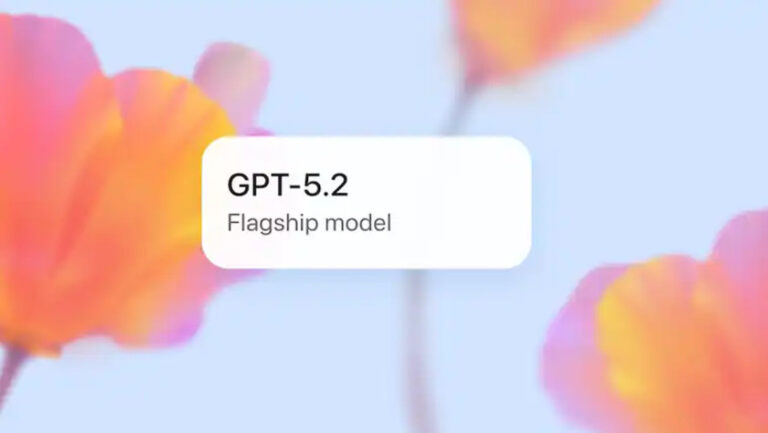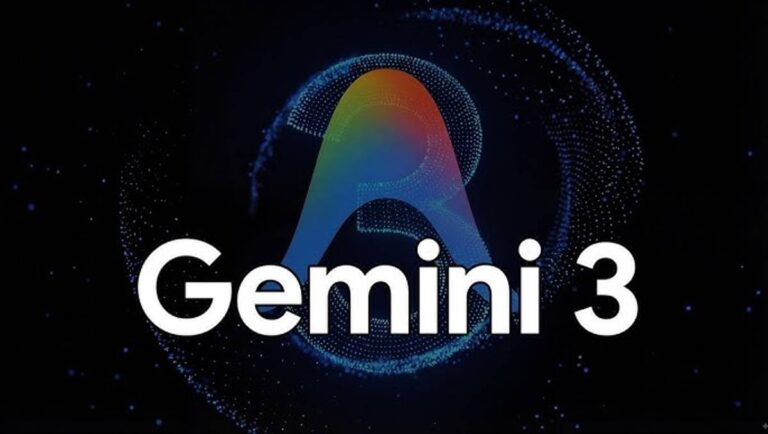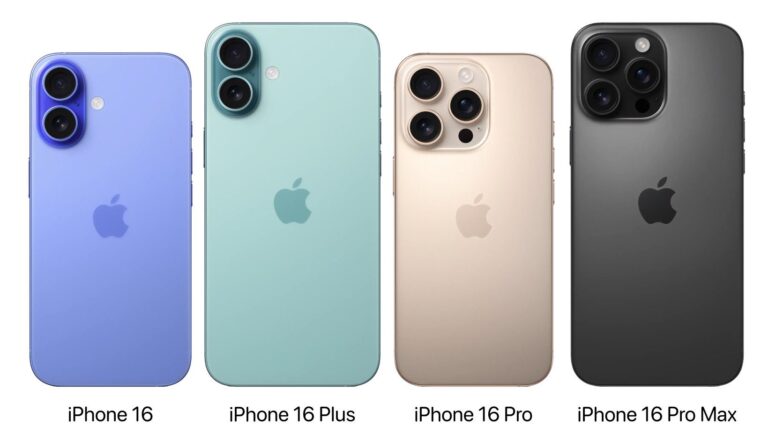
In a move that has shocked the tech world, Perplexity AI, the fast-growing AI-powered search startup valued at $18 billion, has made an unsolicited $34.5 billion offer to acquire Google Chrome.
The offer, which is almost double Perplexity’s own valuation, signals the company’s ambitions to directly challenge Google’s dominance in the search and browser markets. According to CEO Aravind Srinivas, several heavyweight investors have already pledged financial backing to make this bold vision a reality.
What’s Included in the Deal?
Perplexity’s bid reportedly comes with several key commitments:
- Keep Chromium Open Source: The popular browser engine would remain open for global developers.
- Invest $3 Billion in Development: To enhance speed, security, and integration with AI-powered features.
- Google Stays Default Search Engine: Perplexity is promising not to replace Google Search with its own AI search, at least initially.
This strategic positioning seems designed to win over regulators and users alike, minimizing disruption while expanding Perplexity’s footprint.
Why Now? The DOJ Antitrust Push
This surprising offer comes against the backdrop of a U.S. Department of Justice (DOJ) antitrust battle against Google.
Last year, after winning a major case, the DOJ proposed forcing Google to sell Chrome, calling it a “critical search access point” that reinforces Google’s search monopoly. In its official language, the DOJ’s Initial Proposed Final Judgment would require Google to divest Chrome as part of its remedy for anticompetitive practices.
Google has strongly opposed the move, calling it “wildly overbroad” and accusing the DOJ of pursuing a “radical interventionist agenda.”
Adding more pressure, reports suggest that Google pays Apple over $15 billion annually to maintain default search status on iPhones and Macs—another deal under scrutiny.
What Perplexity Stands to Gain
If Perplexity’s offer is accepted—voluntarily or via court order—it could transform the startup overnight. Chrome’s massive global reach would give Perplexity:
- Unmatched User Access: Billions of active users across desktop and mobile.
- Search Traffic Leverage: A direct channel to compete in search, ad revenue, and AI integration.
- Strategic Browser Control: The ability to shape how AI search blends with traditional web search.
This could place Perplexity in direct competition with Google’s core business—search advertising—while also giving it a platform to promote its AI-powered results.
Perplexity’s Track Record of Big Moves
This isn’t the first time Perplexity has aimed for a blockbuster deal. Earlier in 2025, the company explored a potential merger with TikTok’s U.S. operations, though that plan is currently on hold due to political uncertainty.
Perplexity has also launched its own AI browser, Comet, designed for quick, source-linked answers—an approach that aligns with the rising demand for conversational, reliable AI search tools.
egulatory Hurdles & Market Impact
Even if the DOJ forces Google to sell Chrome, the sale to Perplexity is far from guaranteed. The browser market is a critical digital infrastructure, and regulators may be wary of handing control to another fast-scaling tech company.
However, industry analysts note that keeping Google as Chrome’s default search engine might make the proposal more palatable to antitrust watchdogs—at least in the short term.
For Perplexity, this move isn’t just about a browser—it’s about positioning itself as a top-tier AI and search powerhouse in a rapidly changing market where OpenAI, Meta, and Microsoft are competing for dominance.
The Bigger Picture
The $34.5 billion bid for Chrome is a bold bet on the future of web browsing and search. With AI integration reshaping how people access information, controlling a browser like Chrome could give Perplexity the ultimate gateway to global digital traffic.
Whether the deal goes through or not, one thing is certain: Perplexity has officially declared that it’s playing in the big leagues—and it’s willing to challenge Google at the heart of its empire.

















Thank you for your sharing. I am worried that I lack creative ideas. It is your article that makes me full of hope. Thank you. But, I have a question, can you help me? https://accounts.binance.info/es/register?ref=RQUR4BEO